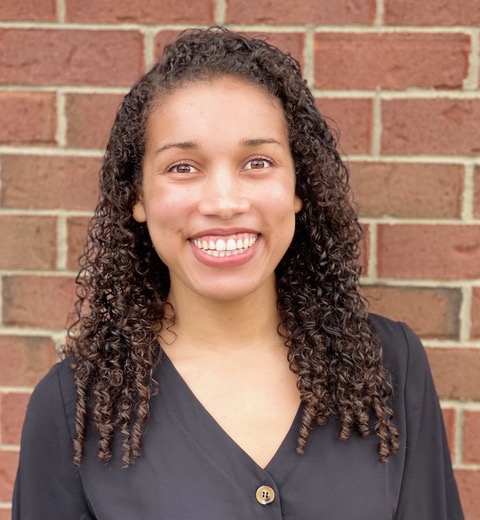What is fair? Disentangling public conceptions of merit and equity in the age of inequality
Marissa Thompson
About the research
Award
NAEd/Spencer Postdoctoral Fellowship
Award Year
2024
Institution
Columbia University
Primary Discipline
Sociology
How do Americans decide what is (or isn't) fair in the distribution of educational resources? The proposed study uses an original conjoint survey experiment to determine how individuals make normative judgments about fairness in educational contexts. Survey respondents will be randomly assigned to read two student profiles with varying characteristics and asked to decide who should receive more resources in order to maximize fairness. Further, to examine how beliefs about fairness differ from beliefs about equity and merit, respondents will also be asked to distribute resources equitably and in order to reward merit. I will then collect free responses to be examined using computational text-as-data methods to shed light on the mechanisms that underly decision-making. In doing so, this study will answer the following research questions: (1) how do individuals balance academic performance, perceived effort, race, gender, SES, and disability status in making judgments about fairness, equity, and merit in the distribution of educational resources? and (2) how do narratives around fairness shift under different conditions of inequality? This study contributes to theoretical and empirical projects in the sociology of education that seek to understand how individuals make sense of questions of fairness in the context of persistently unequal schooling.
About Marissa Thompson

Marissa Thompson is an assistant professor of sociology at Columbia University. Her research focuses on the causes and consequences of racial and socioeconomic inequality, with an emphasis on understanding the role of education in shaping disparate outcomes over the life course. Marissa’s current research investigates, for example, parental preferences regarding school segregation, the causal effects of first-dollar scholarship policies on college access, and the role of genetic ancestry tests in racial boundary-making processes. She employs a range of quantitative and computational methods using large national datasets, administrative data, and novel survey experiments. Prior to beginning her role at Columbia, she completed a postdoctoral fellowship at the Ford School of Public Policy at the University of Michigan. She holds a Ph.D. in Sociology of Education and Education Policy from Stanford University, an M.A. in Sociology from Stanford University, and a B.S.E in Chemical and Biomolecular Engineering from the University of Pennsylvania.
